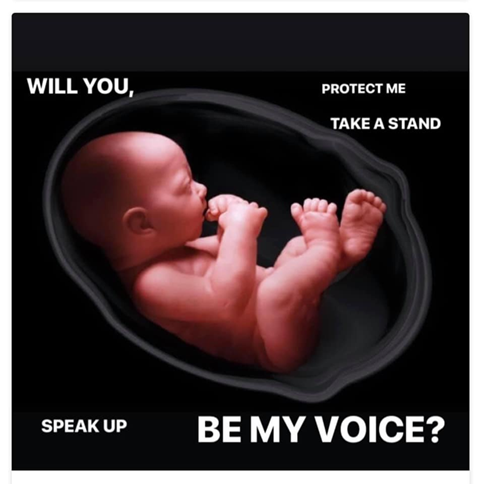Right to Life upholds the respect due to the deceased human person!
- RightToLifeNZ

- May 15, 2025
- 3 min read

Right to Life believes that all lawful burials and cremations must conform to the Burial & Cremation Act 1964.The Christchurch funeral director who is introducing the first water cremation process, known as resomation, in New Zealand in Christchurch in June applied for consent from the Ministry of Health in 2023. The ministry declined consent on the grounds that resomation was not permitted by the Act. The funeral director, however, has sought and received consent from the Christchurch City Council. Right to Life believes that this consent is unlawful and that any water cremations performed will be unlawful.
Right to Life is committed to upholding the dignity that is to be accorded to the human bodies of deceased persons. It is therefore opposed to the appalling indignity inflicted on the bodies of deceased persons by water cremation, which reduces the bodies to their elements to then be disposed of as wastewater.
The Catholic Church teaches that the human remains of deceased persons are to be afforded the dignity due to the human person because we are created in the image and likeness of our Creator, imbued with an immortal soul and destined for eternal life with our Creator.
“The body of the dead must be treated with respect and charity and faith and hope of the resurrection. The burial of the dead is a corporal work of mercy; it honours the children of God who are temples of the Holy Spirit.”
Right to Life believes that a society that focuses on utility over eternity, immediacy at the expense of the contemplative, and the body’s functionality at the expense of its soul, might begin to move towards resomation. As the theology of the body descends into a theocracy of self-worship, it follows that secular society would not want any tangible reminders of death – or even God.
Resomation, is the title given to the process by which the deceased “is placed in a pressure vessel that is then filled with a mixture of water and potassium hydroxide, and heated to a temperature around 160°C (320°F)… the body is effectively broken down into its chemical components, which takes approximately four to six hours”.The liquid residue is then disposed of as wastewater. The bones are crushed and given to the family of the deceased.
Bell, Lamb & Trotter, the funeral directors who are introducing water cremation, claim this process honours life and the environment. Right to Life believes that it does neither.
In 2016, the Congregation for the Doctrine of the Faith issued the document Ad resurgendum cum Christo – “To rise with Christ”. It explains that cremation is allowed but prohibited for water cremation.
Traditional burial transcends the realm of superficial preferences, for it embodies a profound statement that delves into the very essence of our corporeal existence and the eschatological fate that awaits us. Alternative methods of disposing of the bodies of the deceased may be done in a way consistent with Christian belief, as the usual form of burial in the ground or a vault most clearly anticipates bodily resurrection.
Throughout the ages, people have clung to this ineffable promise of rising again, cherishing the hope that in the Resurrection of Christ lies the immutable pledge of their own eternal redemption. Erasing our existence through resomation is a pitiful commentary on the low value people place upon themselves and what they believe the future holds for them after their death.
Traditional burial is an optimistic expression of our belief in Christ’s promises, not a superstitious exercise carried out by the witless and the frightened. Our bodies will be reunited with our souls: our faith tells us so. That dead bodies buried in the earth are encumbrances to progress and enlightened nature-worship are the verities of those robbed of hope.
Ken Orr,
Spokesperson,
Right to Life New Zealand Inc.




